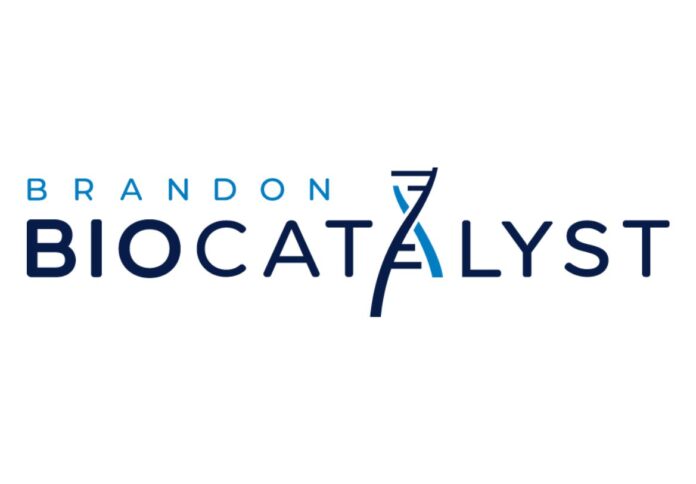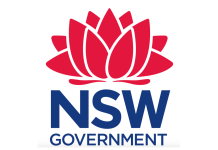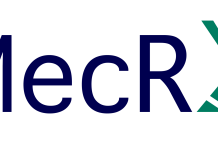
The Western Australian government announced an additional $2.31 million for a further seven years, or until 2029, to continue its support for life science investment fund Brandon BioCatalyst, to which it has given $2.52 million since 2008.
The expanded relationship will benefit WA’s medical research industry by giving it greater access to Brandon Capital’s portfolio of bioscience and biomedical investment funds.
The agreement will also provide a local venture capitalist to support WA projects and a new venture capital apprenticeship initiative to train experts in the fields of biotech and life.
“The WA government has committed $4.83 million to Brandon BioCatalyst for the period 2008-2029 with the hope of nurturing ground-breaking WA biomedical discoveries,” said Medical Research Minister Stephen Dawson.
Meanwhile, State Development, Jobs and Trade Minister Roger Cook noted that the Western Australian government is dedicated to developing the sector through investment attraction, increased R&D, and commercialisation of medical goods and services for regional, national, and international markets.
“A thriving health and medical and life sciences industry is not only good for our economy and jobs, but it also has the potential to improve outcomes for WA patients.”
Previously known as the Medical Research Commercialisation Fund, Brandon BioCatalyst is a collaboration between major Australian superannuation funds, CSL, the Australian and New Zealand Governments, Australian State Governments, and more than 50 top medical research institutions and hospitals.
To date, the WA Government’s previous financial support for Brandon BioCatalyst resulted in the commitment of $33 million in equity funding to three local medical start-up companies.
One of these companies is OncoRes Medical, a medical device start-up focused on eliminating the need for repeat surgeries in the fight against breast cancer.
The government’s support also backed Respirion Pharmaceuticals, an early-stage biotechnology company with operations in the USA, focused on developing new treatments for respiratory disease.
Lastly, MiReven, a biotechnology company specialising in the design, development and commercialisation of synthetic mimics of microRNA-7 for the treatment of poor prognostic cancers, also received support from the partnership.



















